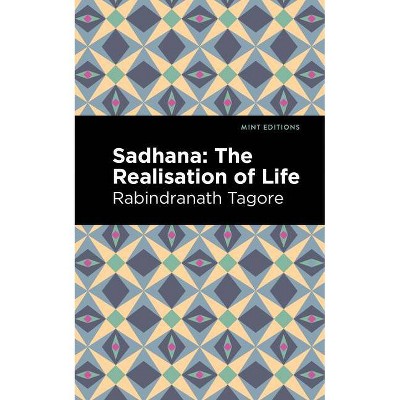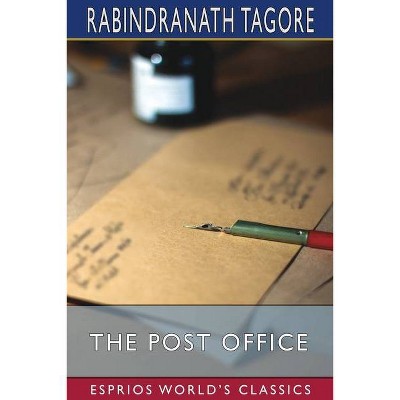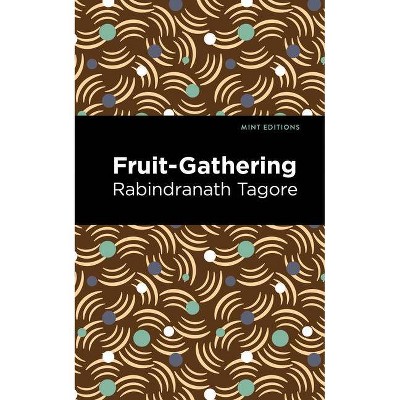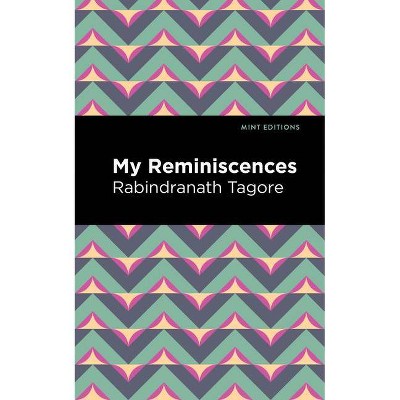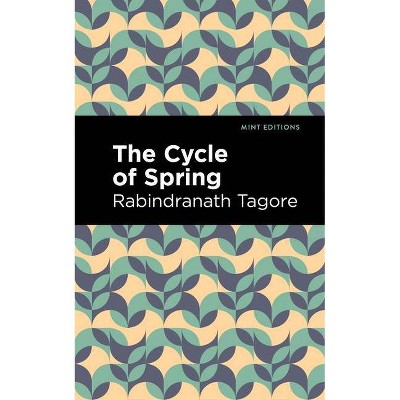The Post Office - (Mint Editions) by Rabindranath Tagore (Paperback)
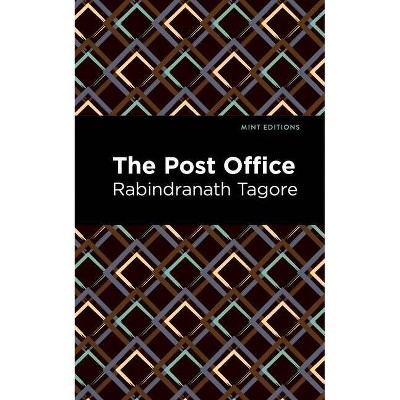
Similar Products
Products of same category from the store
AllProduct info
<p/><br></br><p><b> Book Synopsis </b></p></br></br><p><i>The Post Office</i> (1914) is a play by Rabindranath Tagore. Published following his ascension to international fame with the 1912 Nobel Prize in Literature, the play was introduced to an international audience by W. B. Yeats. When the Irish poet discovered Tagore's work in translation, he felt an intense kinship with a man whose work was similarly grounded in spirituality and opposition to the British Empire. Brought to Dublin's Abbey Theatre in 1913, <i>The Post Office</i> remains one of Tagore's most influential literary works. "The doctor says all the organs of his little body are at loggerheads with each other, and there isn't much hope for his life. There is only one way to save him and that is to keep him out of this autumn wind and sun." Under doctor's orders, Amal is confined to his uncle's home and courtyard, encouraged in his studies despite his desire to experience the world beyond books. Standing at the front gate, he watches life pass him by along the road, speaking with whoever will stop to listen. When construction begins on a new post office nearby, Amal dreams of one day serving as a messenger for the king. With a beautifully designed cover and professionally typeset manuscript, this edition of Rabindranath Tagore's <i>The Post Office</i> is a classic of Indian literature reimagined for modern readers.</p><p/><br></br><p><b> From the Back Cover </b></p></br></br><p>Adopted by his uncle Madhav, Amal is a lonely child whose illness prevents him from venturing beyond the confines of the courtyard. Standing at the gate, he talks with anyone who will stop to listen. When a new post office is built next door, Amal begins dreaming of adventure. <i>The Post Office</i> is a play by Rabindranath Tagore.</p>
Price History
Price Archive shows prices from various stores, lets you see history and find the cheapest. There is no actual sale on the website. For all support, inquiry and suggestion messagescommunication@pricearchive.us

